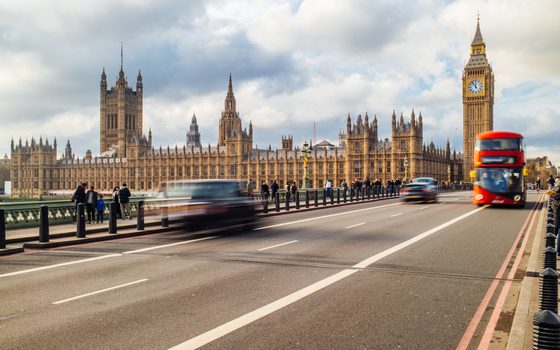A four-day week election?
Solving our crisis of overwork
02 December 2019
A four-day week in the public sector has been subject to intense public debate. The Centre for Policy Studies (CPS) has said that it would cost £17bn to implement across the public sector. But a new report by Autonomy has calculated the cost to be closer to £3bn. Autonomy acknowledges the positive feedback loop of reducing overwork, decreasing sickness and turnover, and increasing organisational efficiency – all of which mitigate against the ‘cost’ of reduced hours. Furthermore, reducing the four-day week debate to a myopic costing exercise ignores the enormous value shorter hours would bring to people’s lives.
In the UK, we are currently suffering from a crisis in overwork – so much so that a quarter of all sick days lost last year were the direct result of overwork. Poor mental health costs the UK economy between £74bn and £99bn a year. This is intensified in the public sector, especially in education, health and social care, and public administration and defence. Schools and hospitals are haemorrhaging public servants whose mental health is suffering because of systemic underinvestment and an outdated model of working time. The NHS has ‘critical’ levels of turnover, and work-life balance is increasingly cited as the key reason those workers have left the NHS. Retention rates for teachers have also declined rapidly in recent years and overwork is once again a key reason they are leaving the profession in droves.
The ‘cost’ of a four-day week is also dependent to some degree on the expected increase in productivity as the ill-effects of overwork subside. The CPS report assumes a 6% rise in productivity upon the move to shorter hours across the public sector. The decision to use this number is arbitrary; it overlooks a growing base of evidence which shows that the move towards a shorter working week produces gains in productivity which are markedly higher. Indeed, it was only very recently that Microsoft Japan tested a four-day week for 2,300 staff and productivity increased by 40% (meaning that the employers actually did more work in less time). Additionally, in the last year Iceland has had a large scale trial of working time reduction in the public sector which has had zero public cost because it has just been about changing how time is spent at work in order to maintain quality of service and output on an organisational level. But crucially, the CPS report takes a very narrow view of productivity, and ignores entirely the gains made over the entire public sector when sickness and turnover related to overwork are drastically reduced.
In the 1800s, workers would toil for up to 60 hours, six days a week. A combination of increased pay and productivity, strong collective bargaining, and labour market regulation meant that the average full-time week in the UK fell steadily to a five day, 37.5 hour week by 2016. Over the same period our economy has grown substantially, productivity has skyrocketed, and there have been absolutely no adverse economic effects as a result of historical moves towards substantially shorter hours. Increases in productivity went hand-in-hand with increases in leisure time. This link was broken around 1980, after which increases in leisure time virtually flatlined without a compensating increase in the rate of pay growth. If the pre-1980 trend in rising leisure time had continued, UK workers would now work 13% less hours than they do today – which would be roughly in line with equivalent annual working hours in Germany.
These days, no one seriously argues that we should reintroduce the six-day week, or that we are being ‘held back’ by the five-day week. However, for decades now arguments for further reductions in working time have been slapped down with cynical, reactionary, and entirely predictable arguments. What is remarkable is that the arguments against the shorter working week are virtually unchanged over the last century. It’s striking to see those in 1926 say that “it is illogical to work only five days a week and get paid for six”.
Ultimately, the debate over the four-day week is about the direction in which we want to take our economy. We stand at a critical juncture with our hand hovering over a railroad switch. Our current trajectory looks increasingly like it will take us to something similar to Japan, whose stagnating economy is characterised by extreme working hours and where an estimated 10,000 workers die every year from overwork (it even has its own name: karoshi). Or we can flip the switch and change tracks. We can move towards an economy more closely resembling the likes of Germany, the Netherlands, and all of Scandinavia, who work far fewer hours than us and have stronger and more productive economies. The choice is ours.
Image: Unsplash
Topics Work & pay Macroeconomics






